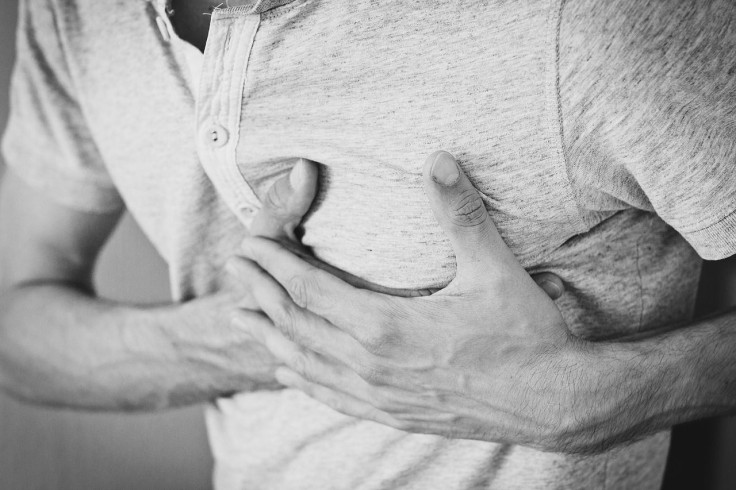COVID-19 Aftereffects: Surge In Heart Attacks, Cardiovascular Illnesses Linked To Virus

KEY POINTS
- COVID-19 can reportedly attack the heart directly through inflammation
- A recent study found that infection from COVID-19 damaged the way cells in the heart regulate levels of calcium
- Type 2 heart attacks were also found to be more common with COVID-19
Survivors of COVID-19 are not out of the woods yet as the virus has been linked to a surge in heart-related problems, especially in young people.
In an interview with CTV Tuesday, Dr. Christopher Overgaard, a cardiologist based in Toronto, said that the coronavirus can attack the heart directly through inflammation, increasing the possibility of the patient's arteries clotting.
"We've known for a long time actually that COVID does affect the heart through a number of mechanisms," Overgaard told CTV. "We know that it can attack the heart directly through inflammation, it can actually increase the ability for your arteries to clot."
"I think it's more on the medical professionals and patients to be aware of the symptoms. So classic symptoms would be exertional chest pain and chest pain that's severe at rest, radiating down your arm. And when you see these things, you should seek medical attention," he said, as quoted by the outlet.
Last year, a study led by Cedars-Sinai hospital in Los Angeles found that the coronavirus was associated with an increase in heart attacks in all age groups, and those between the ages of 25 and 44 saw the highest increase.
A study published in Nature Medicine in March 2022 that looked at 150,000 U.S. veterans found that those who contracted the virus were 72% more likely to get coronary artery disease, which is caused by plaque buildup on the arterial walls. They were also 63% more likely to have a heart attack and 52% more likely to have a stroke, according to the study.
According to a recent study from Columbia University in New York City, infection from COVID-19 damaged the way cells in the heart regulate levels of calcium, a mineral that plays an important role in how the organ contracts and pumps blood throughout the body, per NBC News.
Researchers reportedly conducted the study by autopsying heart tissues from people who had COVID-19. The findings were presented at the Biophysical Society Meeting in San Diego on Monday but have not yet been published in a peer-reviewed journal, according to the outlet.
Meanwhile, cardiologists from John Hopkins said that temporary or long-lasting damage to heart tissue can be due to several factors such as the lack of oxygen and inflammation of the heart during COVID-19.
"Type 2 heart attacks are more common with COVID-19," Johns Hopkins cardiologist Dr. Wendy Susan Post said. "This heart attack can be caused by increased stress on the heart, such as a fast heartbeat, low blood oxygen levels or anemia, because the heart muscle isn't getting enough oxygen delivered in the blood in order to do this extra work. We have seen this in people with acute coronavirus disease, but it is less common in those who have survived the illness."
The cardiologist clarified, however, that most changes in heart conditions happened only after severe COVID-19.
"A heart condition could be exacerbated by severe COVID, but not likely after mild or asymptomatic cases," Post said. "But the effects of the coronavirus on preexisting heart disease are not yet known."

© Copyright IBTimes 2025. All rights reserved.





















